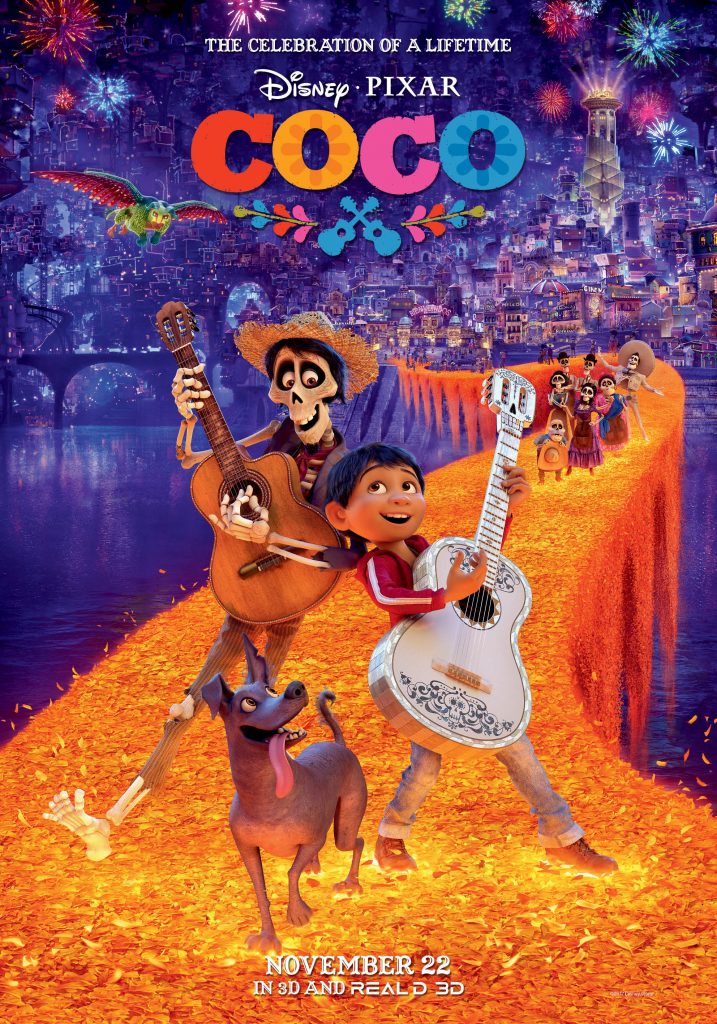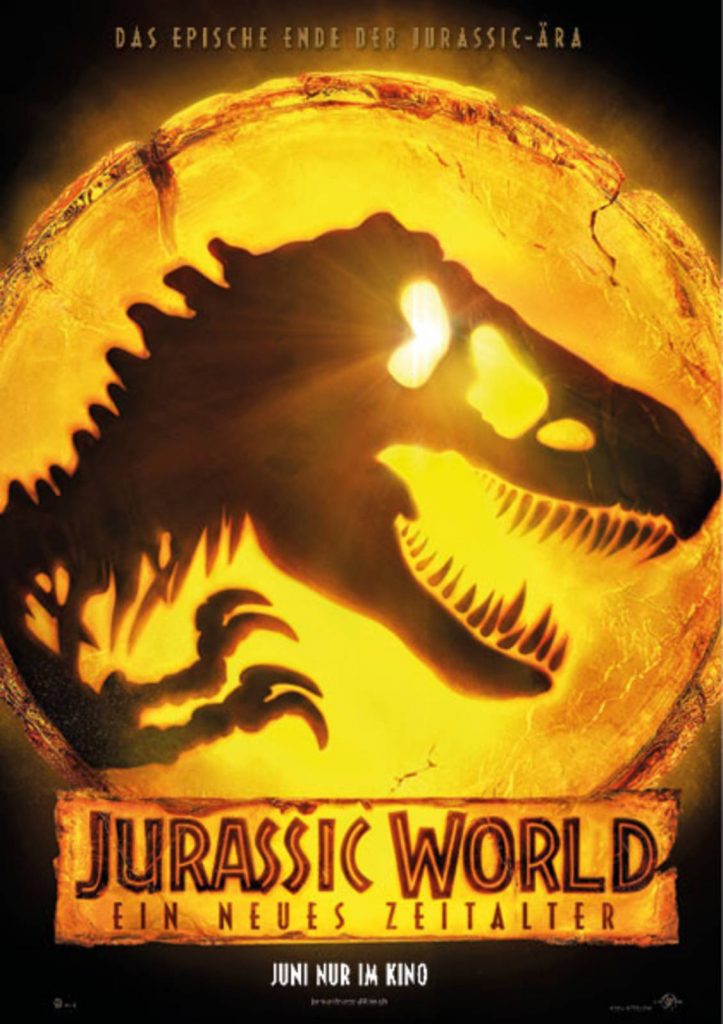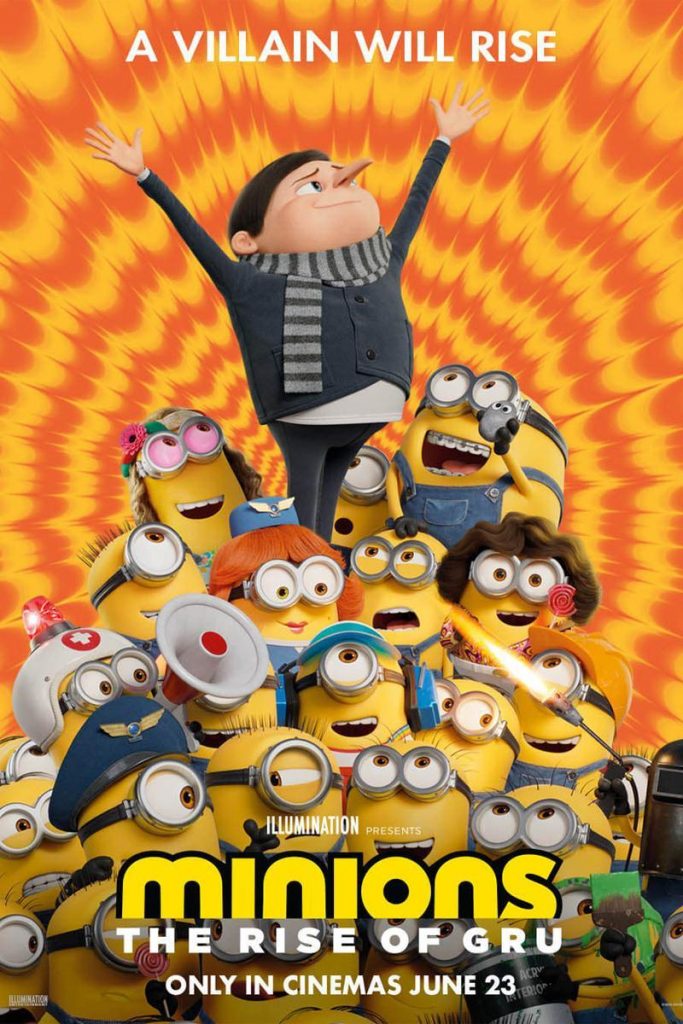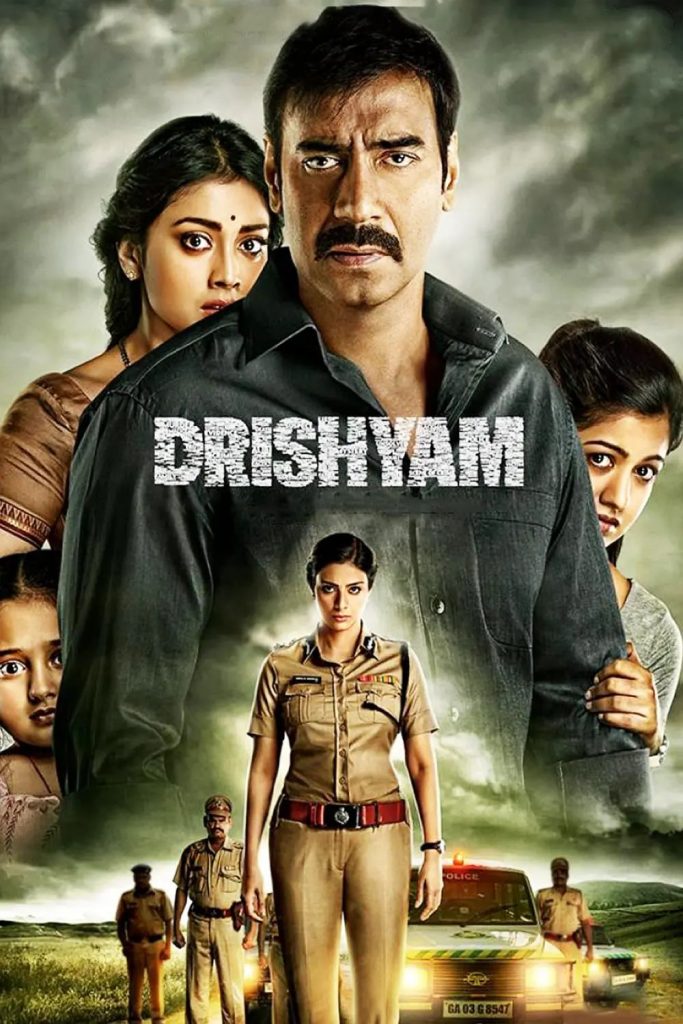Denis Villeneuve is a director who has risen to prominence in Hollywood in recent years and is known to his fans as the “God of V”. After the release of Borderlands, The Descent and Blade Runner 2049, he has been compared to Christopher Nolan for some time for his strong directorial style and storytelling ability.
Prisoners, however, is a film he made in 2013, and the overall style of Prisoners gives a generally clear idea of Dennis’s early style. It can be said that this work, as an experimental work of Dennis’s gradual progression, contains many marks of Dennis Villeneuve’s authorial style.
The Prisoner tells a story of a set within a set. Keller, a carpenter, has an accident in which his daughter Anna disappears inexplicably, along with her young friend Joey. Distraught at the untimely fate of his daughter, Keller seeks help from the police, and soon Rocky, the man in charge of the case, targets a man named Alex.
Unfortunately, due to lack of evidence, the police had to release Alex after forty-eight hours. Frustrated with the police, Keller decided to search for his daughter on his own. The experienced Keller captures Alex himself, and he hopes to obtain information about his daughter by force. But in the course of the increasingly anxious confrontation, humanity descends into a state of anguish and gradually begins to slowly descend and become indistinguishable from right and wrong.
The film is shot in a dual male format, with the carpenter Keller, who has lost his daughter, played by Hugh Jackman, who is no stranger to Wolverine, having also appeared in the classic ‘Deadly Magic’.
The film’s police case officer is played by Jake Gyllenhaal, an actor I like very much, who is very malleable and has a good understanding of his character, using details to build up his character, starring in Zodiac, Nocturnal Animals and Broken Life, and this is his second collaboration with Denis Villeneuve after The Hangover.
The Prisoner has a strong noir thriller quality, with a script that follows two parallel paths, one in which Keller searches for his daughter alone and the other in which Rocky tracks the suspect from an independent perspective. The film itself is similar in its narrative structure and camera language to the classic film Zodiac, in that it unravels the layers of human misconceptions in an interlocking sequence.
Despite the suspenseful and thrilling atmosphere, the film does not let the genre itself detract from the director’s overall message, as Keller, a carpenter, tracks down his daughter again and again, eventually settling on a man named Alex. The screenplay uses a gradual emotional progression of Keller to set the stage for the final outburst, which represents the sinking of human judgement and the lack of reason. Prejudice and obsession lead him to become a prisoner of his own, from which he cannot extricate himself. In Keller’s eyes, the only possibility for self-redemption is a given fact. The director does a good job of contrasting the two characters, using Rocky the cop as a rational counterpoint to lift the truth.
Throughout, the film is a darkly suspenseful look at the paranoia and descent of human nature, and both the narrative pacing and camera control are above par. The cinematography is outstanding, with the dark, drab tones of the main body of the film nicely emphasising the director’s cold-eyed view of his characters’ depravity.
Denis Villeneuve’s camera work is calm and sophisticated, and Jack Gillharren’s performance is restrained and introspective. Beneath the surface of the case lies a profound reflection on human nature, how good people can turn bad, and how in fact every deep-seated evil in human nature becomes more rampant due to a lack of self-restraint. The Prisoner is not just about physical captivity; if we cannot let go of ourselves and rarely redeem ourselves, then everyone will be a true prisoner within themselves.













